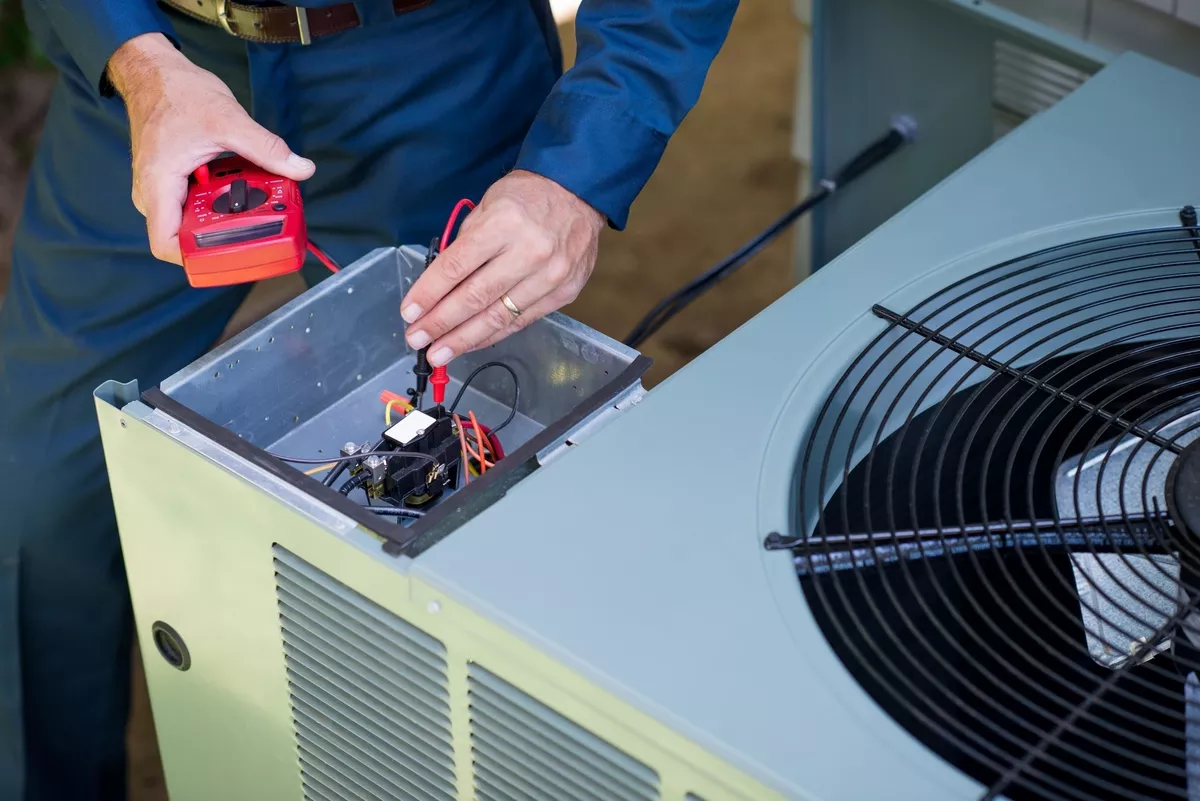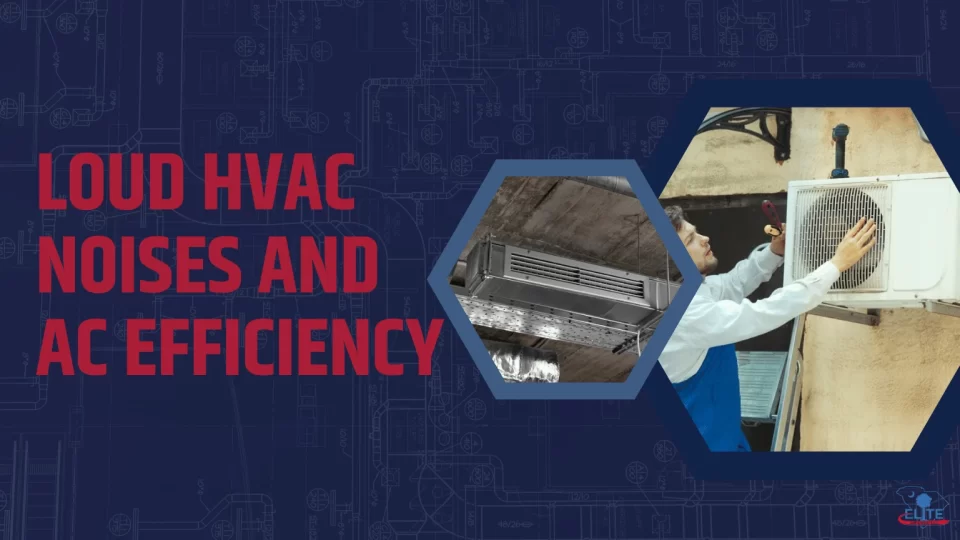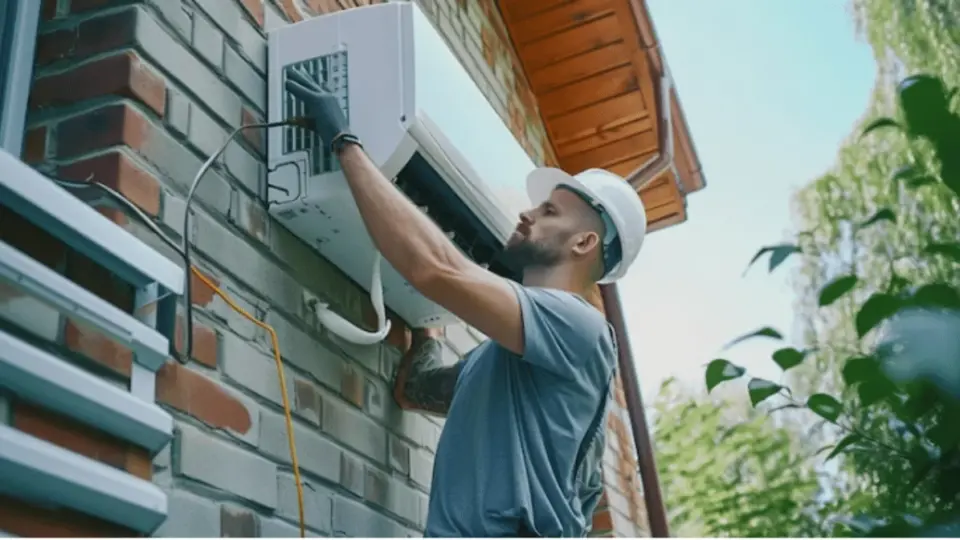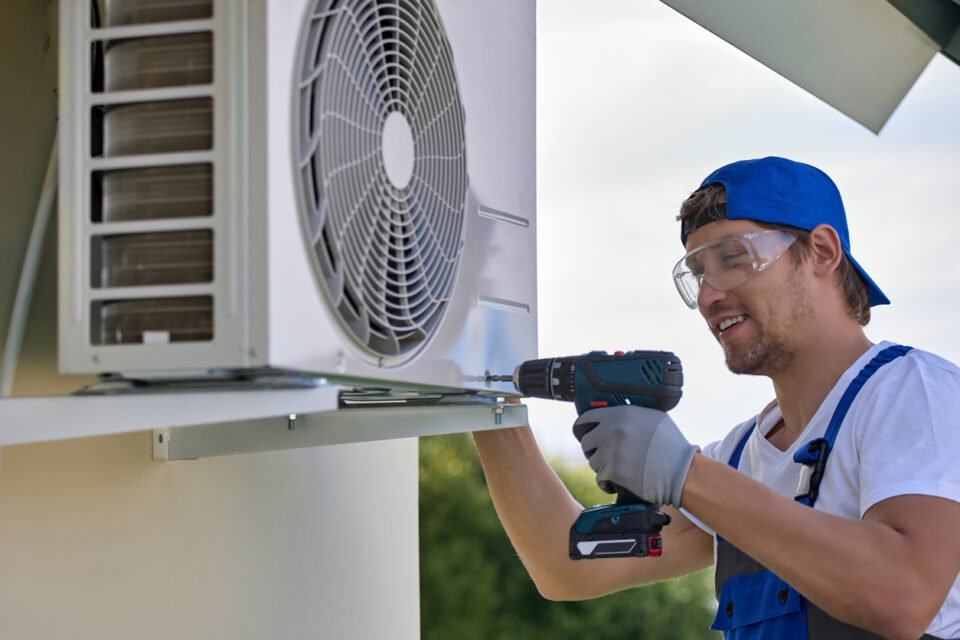It’s easy to take our AC systems for granted, but when they malfunction, they can significantly impact our comfort and well-being. A malfunctioning AC system makes it difficult to stay cool and compromises humidity control and air filtration, leading to potential issues like mold growth and increased levels of pathogens in the air.
There are a few common reasons why your AC may not be turning on, and our experienced professionals can help identify and address these issues:
Get Your AC Up and Running with Elite Air
At Elite Air and Heat, we have the expertise to diagnose and resolve these issues promptly and effectively. Don’t suffer through the summer heat without a functioning AC. Contact us today, and our team will be ready to help get your unit up and running again. Call us at (803) 570-8835 or book an appointment below for 5-star service!
Wrong Thermostat Setting
Sometimes, a simple misconfiguration of the thermostat can prevent your AC from turning on.
A common cause for air conditioners refusing to turn on is having the thermostat on the wrong setting. Aside from having the thermostat temperature set too high, it may have flipped to the “heat” or “off” positions. Although this may seem like a silly reason for your air conditioner not working, you’d be surprised how easy it is for this to happen. This should always be the first thing you check if your AC won’t turn on, allowing you to rule out a really easy fix before scheduling a service call.
Circuit Breaker Has Tripped
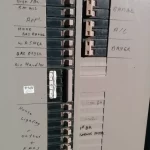
If your air conditioner refuses to turn on even though it’s properly plugged in, there could be an issue with the power supply. One common culprit is a tripped circuit breaker. It’s important to remember that circuit breakers may control specific outlets or appliances, so just because your lights or other devices are working doesn’t mean the breaker isn’t affecting your AC.
To address this, check your circuit breaker panel for any tripped breakers. Look for a dedicated breaker for your air conditioner, as it may be the only indicator of a problem. If you find a tripped breaker, simply reset it to restore power to your AC unit.
Dealing with a tripped circuit breaker is a relatively simple fix you can handle on your own before seeking professional assistance. By ensuring that your circuit breakers are in the proper position, you can determine if this was the cause of your AC not turning on.
You Have a Dirty Air Filter
Maintaining a clean air filter is crucial for properly functioning your air conditioner. Neglecting this essential maintenance task can lead to various issues, including a frozen evaporator coil.
The evaporator coil plays a vital role in cooling your home. It contains a cold refrigerant that absorbs heat, circulating cool air. However, warm air needs to flow over the evaporator coil for this process to work effectively. If your air filter is dirty and clogged, it hinders the airflow, preventing warm air from reaching the coil.
As a result, the cold refrigerant remains stagnant, and the evaporator coil can freeze over time. If you suspect that a dirty air filter is causing the issue, taking immediate action is important. Turn off your air conditioner and replace the filter right away. Keep the AC unit off to allow the evaporator coil to thaw completely.
Once the coil has thawed, you can safely turn on your air conditioner again. With a clean air filter in place, warm air can freely flow through the filter and over the evaporator coil, creating cooler air for your comfort.
Regularly changing or cleaning your air filter is a simple yet vital maintenance task that helps optimize your AC system’s performance and prevents potential problems such as a frozen evaporator coil.
The Condensate Line Is Clogged
When your air conditioner is running, it collects moisture from the air, which is then directed into a drain pan and drained out of your home through the condensate line. However, if this line becomes clogged, it can lead to water backup in the unit, potentially causing your AC to shut down if the float switch is triggered.
If you suspect a clogged condensate line, you can take steps to resolve the issue. Begin by turning off your air conditioner. Next, you can attempt to use a shop vacuum to clear the clog from the exterior section of the condensate line. By applying suction, you may be able to dislodge the obstruction.
However, if your DIY efforts are unsuccessful in unclogging the line, it’s best to seek the assistance of a professional technician. They have the necessary tools and expertise to effectively free stubborn clogs. Once the clog is cleared, your air conditioner should resume normal operations, allowing the condensate to flow freely and prevent further issues.
Remember, a clogged condensate line can disrupt the proper functioning of your AC system, so addressing the issue promptly will help maintain its efficiency and prevent potential water damage.
Need professional help to get your AC up and running? Look no further than Elite Air & Heat!
Our team of licensed technicians is ready to tackle any AC issue and restore your comfort. With convenient scheduling options and 24/7 emergency services, we’re here for you whenever you need us. As a locally-owned and family-operated business, we take pride in delivering exceptional service and reliable solutions. Don’t suffer in the heat any longer. Contact us today to discuss your options or schedule a service call by clicking the button below.
